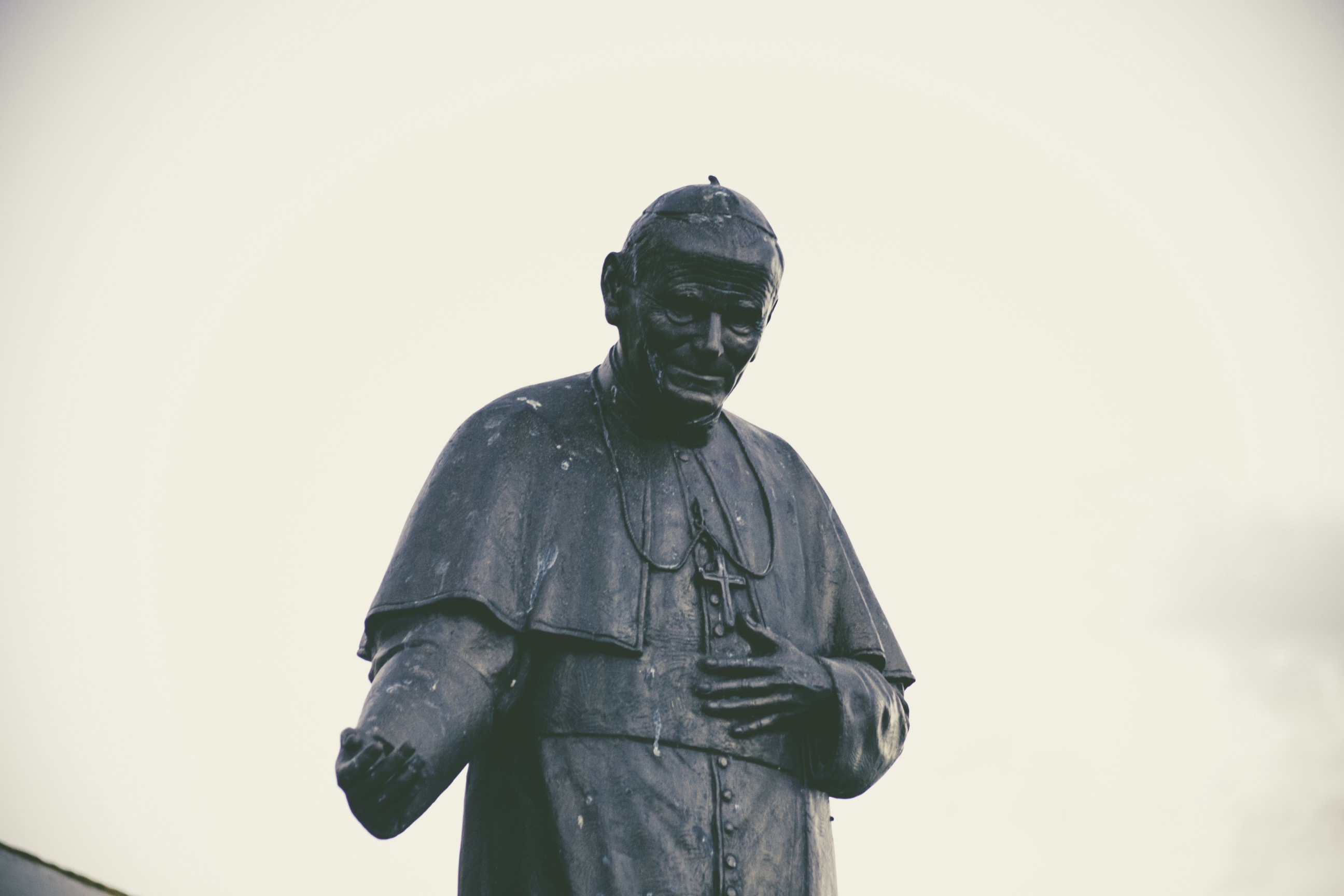
02 Sep Thoughts on Pope Francis & Living Blamelessly
I find it interesting that Pope Francis, who is by all appearances too liberal for the conservatives and too conservative for the liberals, is revered and even loved by both. How is it possible that someone who should have enemies on both sides finds friends instead?
For Fear of the Crowd
As I read through the New Testament, especially the gospels, I find repeated occurrences, both in the life of Jesus and with the apostles, where the enemies of the Christian ideology sought to destroy it, but they were kept from doing so because they feared the crowds who had amassed to wonder at it. I think of Paul’s repeated exhortation that the church lead quiet and peaceable lives in their communities, that they live in a blameless manner so that their enemies would not be able to find anything to say against them.
Pope Francis proves that such a manner of life is possible, which is not to say that he has no enemies; I would just imagine that they are in a stasis for fear of the crowds. And this doesn’t mean that he will always- by having found the magic middle road of peace- be able to steer clear of public animosity. But if his reputation before the world remains consistent with that of Jesus and his followers, and if animosity ever does arise, it will do so in the form of violent and bald injustice. Historians will be compelled to state the absurdity of his enemies and their clear neglect of truth and integrity.
That at least seems to be the case of Jesus and the martyrs that died in His name. For fear of the crowds, their enemies could sometimes not speak a word. When they could finally no longer stand the threat against their power, they let loose their rage in blatant disregard of righteousness. Evil most clearly show itself evil when it’s cornered, when its hands are tied by the manifest goodness of those it hates.
Living in the Paradox of Faith
G.K. Chesterton describes his journey to Christendom as one of amazement and perplexity at a faith whose opponents could at once denounce it for being too rigid and too loose, too pompous and too humble, too violent and too peaceful. Somehow it held firmly to both ends of any number of ideological spectrums without losing its integrity. Somehow it lived very comfortably in paradox, and its opponents ridiculously railed on it for being fat and in the same breath railed on it for being skinny.
This is why tension is better than balance. There is a difference between watering down the extreme ends of the spectrum for the sake of balance and fully embracing both ends of the spectrum in the spirit of paradox. If we can suffer for the paradoxes we hold, and if we can suffer for the people who live all along the spectrum, we will walk the proper road.
Suffering Disarms Evil
Pope Francis hates abortion and angers the left. He also hates big, corporate money and angers the right. But he holds both ends so dearly that he is willing to suffer for his convictions and for the people who live in the terrible wake that all ideologies can leave. The result is blamelessness and peace.
If Christians are walking in the truth, they will earn enemies on every side. But if Christians are suffering for truth and for others in the name of truth, they will disarm evil. Thus disarmed, evil’s only way forward is to be obviously evil, and to strike with evident injustice. Suffering then may take the form of violence and death, but it will be suffered as evidence against all who have aligned themselves with injustice and greed.
If in the end all will be well, as we believe it will be, then evil will die, and when it dies, it will be by the hand of those who suffered for the truth and lived so peacefully with all men that evil could only show itself as it truly is: hideous and hateful. And then its most effective weapon, deceit, will be broken and beaten into a plowshare. It is a harvest of peace that awaits the blameless.


